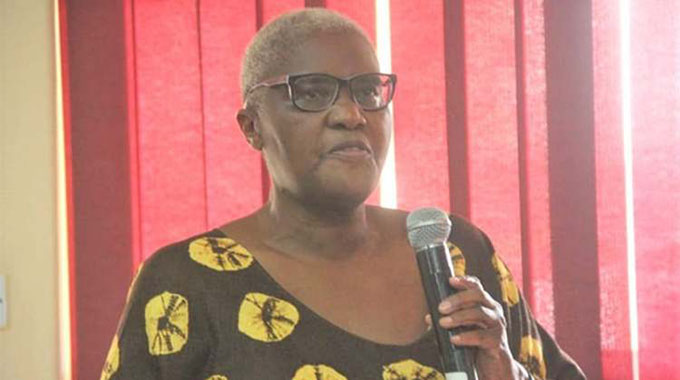Push to review abortion legislation

Edinah Masiyiwa
two bodies of newly born babies were found in a bin in Harare, recently.
Because of the lack of accessible contraceptives during Covid-19, 5 000 girls were reported to have fallen pregnant in January alone, and sadly, the abandonment of unwanted babies is one of the outcomes.
Unsafe abortions are another. The reality is, this could just be a tip of the iceberg of what is happening to women and girls as a result of their inability to access contraceptives.
As the Covid-19 pandemic rages on, health delivery systems across the world have been negatively affected as hospitals fall short when addressing non-emergency cases.
Research by J. Aly and others reveals that the health care emphasis has shifted to focus on the apportionment of resources for prevention of viral spread. The unfortunate by-product of this shift is the de-prioritisation of other essential health care services such as access to contraception.
Failure to access contraceptives is a confirmation of the concern raised by UNFPA when they predicted that about 47 million women in low and middle-income countries are likely to be deprived of contraceptives as a result of the Covid-19 pandemic.
The COVID-19 pandemic has resulted in vertical programming which is not in line with the Primary Health Care approach (PHC).
According to the World Health Organisation, primary health care is a commitment to social justice and equity and in the recognition of the fundamental right to the highest attainable standard of health.
PHC entails integration of all health services but what is happening is most of the resources are being channelled towards Covid-19 interventions.
Zimbabwe, just like any other country now, is feeling the pressure of Covid-19 and has neglected other health issues particularly Sexual and Reproductive Health and Rights (SRHR).
Despite the fact that Zimbabwe is committed to the PHC approach, Covid-19 brought about challenges in the provision of SRHR services. This is evidenced by a statement in the NewsDay which highlighted the failure of women to access contraceptives due to lockdown measures.
The result of failure to get contraceptives is unwanted pregnancies. Then some of them might result in unsafe abortions which might subsequently result in death. According to a study by Guttmacher Institute, 40 percent of pregnancies in Zimbabwe were unintended, and one-quarter of all unintended pregnancies ended in abortion. The study highlights that nearly all these abortions were performed in an unsafe manner.
The same study revealed the challenges related to post abortion care which include the shortages of medicines such as misoprostol and antibiotics.
The situation we are in requires that policy makers consider reviewing some of the laws and policies in place in order to make savings in service provision of SRHR services.
One such law that needs to be reviewed is the Termination of Pregnancy Act. There is a need to broaden circumstances where abortion can be allowed.
The health sector is currently burdened with costly post abortion care. According to Dr Labode, a Member of Parliament in Zimbabwe post-abortion care is costly. She goes further to say that this a sign that somehow people are not getting family planning because of distances or because stocks are out or because they can’t access due to age. There is overwhelming evidence that shows that it is cheaper to offer safe abortion than to offer post abortion care. Alternatives to unsafe abortion, such as contraception or safe abortion services (where legal), are cost-effective.
Zimbabwe should consider the economic implications of unsafe abortions on the country’s economy. As we approach the International Safe Abortion Day whose theme is “Make unsafe abortion history”, Government should review the restrictive law on abortion, facilitate access to safe abortion care for everyone who needs abortion, and of course, make contraception more accessible so that unwanted pregnancies can be prevented in the first place.
Finally, let’s remember that abortion care is essential health care.










Comments